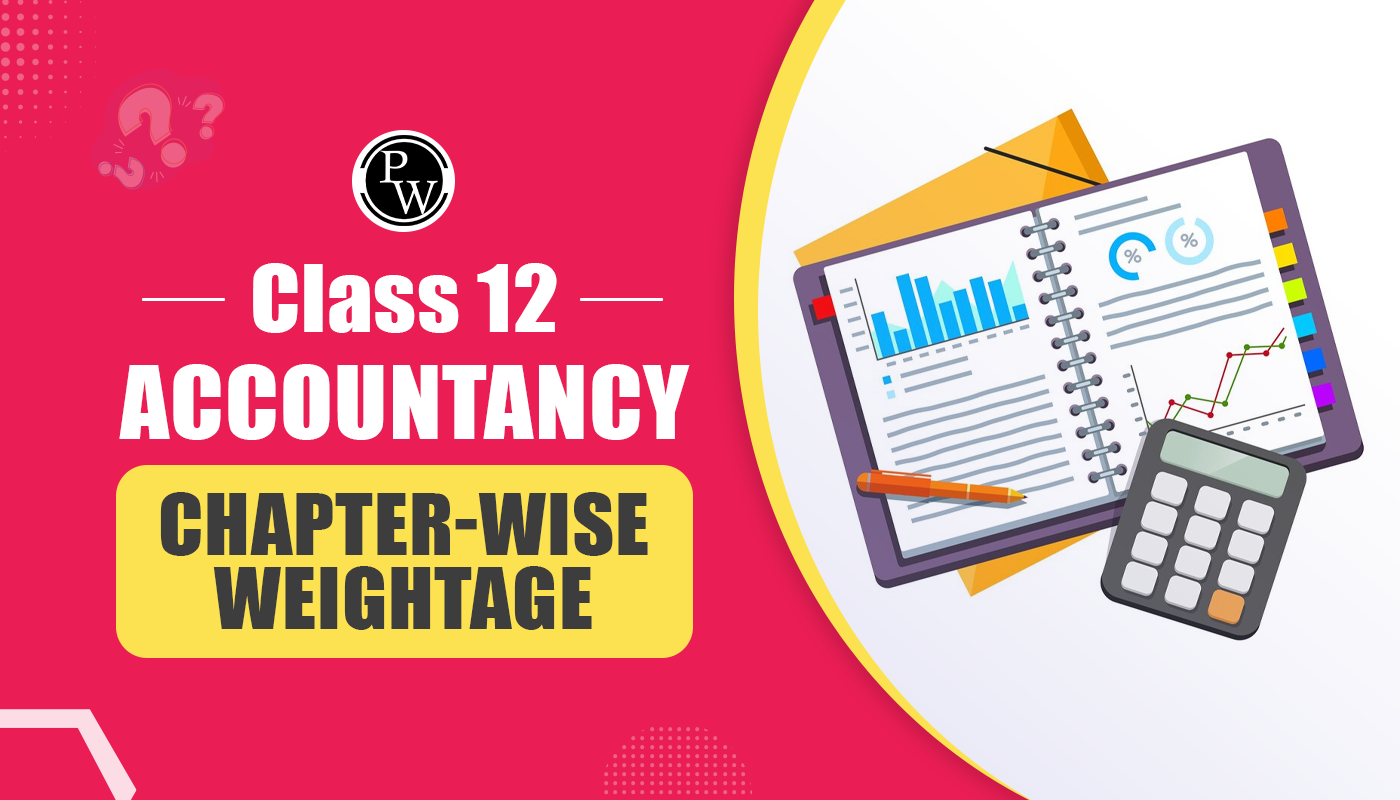
Difference Between Wholesaler and Retailer: In the supply chain system, wholesalers and retailers play pivotal roles in ensuring the seamless distribution of goods from manufacturers to end consumers. Understanding the difference between wholesalers and retailer is important for anyone aiming to enter the distribution or retail sector. This blog provides a detailed look into their roles, definitions, responsibilities, and how they contribute to the overall supply chain.
What is a Wholesaler?
A wholesaler is an individual or business entity that purchases goods in large quantities directly from manufacturers or producers and sells them to retailers or other businesses. They function as intermediaries in the supply chain, helping manufacturers distribute their products across various markets.
Wholesalers usually maintain warehouses to store goods. Their operations are generally business-to-business (B2B), and they benefit from economies of scale due to bulk purchasing. This enables them to offer relatively lower pricing to retailers.
Key Characteristics of a Wholesaler:
- Buys in large quantities from manufacturers.
- Stores goods in bulk in warehouses.
- Sells to retailers or other businesses.
- Focuses on logistics, inventory management, and bulk packaging.
What is a Retailer?
A retailer is a person or business that sells goods and services directly to the final consumer. They purchase smaller quantities from wholesalers or distributors and offer them to the general public. Retailers operate in various formats, including small stores, supermarkets, departmental stores, and e-commerce platforms.
Retailers act as the final step in the supply chain, ensuring product availability to consumers. Their role includes merchandising, customer interaction, service, and promotion.
Key Characteristics of a Retailer:
- Deals directly with end consumers.
- Purchases from wholesalers or distributors.
- Sells in small units or quantities.
- Provides customer service, promotions, and sales assistance.
Roles of Wholesalers and Retailers in the Supply Chain
Below, we've mentioned the roles of wholesalers and retailers in the supply chain.
Wholesaler’s Role:
Bulk Procurement: Ensures a steady supply from manufacturers.
Inventory Management: Stores goods to meet retailer demand.
Breaking Bulk: Converts bulk items into manageable quantities.
Price Negotiation: Uses purchasing volume to negotiate better terms.
Distribution to Retailers: Acts as a bridge between producers and multiple retail outlets.
Credit Support: Often provides credit facilities to retailers.
Retailer’s Role:
Customer Interface: Engages with consumers to understand needs.
Product Selection: Offers a curated product mix based on market demand.
Sales and Promotion: Implements promotional strategies to boost sales.
After-Sales Service: Provides support, exchanges, and returns.
Market Feedback: Shares customer trends and preferences with suppliers.
Difference Between Wholesaler and Retailer
Below we have provided the key differences between wholesaler and retailer:
| Difference Between Wholesaler and Retailer | ||
| Aspect | Wholesaler | Retailer |
| Primary Function | Procures goods in bulk from manufacturers. | Sells goods directly to consumers in small quantities. |
| Quantity of Purchase | Large quantities for bulk distribution. | Smaller quantities for individual consumers. |
| Storage | Warehouses goods in large quantities. | Stock products for immediate resale in smaller quantities. |
| Customer Base | Sells to retailers, businesses, and institutions. | Directly interacts with individual consumers. |
| Price Negotiation | Negotiates lower prices due to bulk purchases. | Buys products at higher prices, often without negotiation. |
| Inventory Variety | Handles a wide variety of products to cater to diverse markets. | Curates products based on specific market demands and consumer preferences. |
| Packaging | Typically deals with products in bulk packaging. | Repackages products into smaller units for individual sale. |
| Credit Provision | Often provides credit to retailers, allowing them to manage cash flow. | Does not provide credit; consumers pay at the point of purchase. |
| Location | May operate from centralized locations with easy access to transportation. | Can be located in various places, including shopping centers, malls, and online platforms. |
Similarities Between Wholesaler and Retailer
While distinct in their roles, Wholesaler and Retailer share several commonalities within the broader context of the supply chain. Here are some key similarities between these two entities:
- Both are integral parts of the distribution process.
- They serve as intermediaries in the movement of goods.
- Both contribute to market accessibility for consumers.
- They manage inventory to meet fluctuating demands.
- Both interact with suppliers and customers in their respective capacities.
- They play essential roles in ensuring a steady flow of products in the marketplace.
Wholesalers and retailers operate at different stages of the supply chain, both are integral in ensuring that goods move smoothly from production to consumption. A wholesaler supports manufacturers by buying in bulk and distributing to multiple businesses, while a retailer serves consumers by offering convenient access to products and services.
Understanding these distinctions helps new entrepreneurs and businesses determine their position in the market. Whether you plan to function as a wholesaler or retailer, aligning your operations with market demands and consumer behavior will enhance your ability to deliver value and build a strong customer base.
Wholesaler and Retailer FAQs
What does a wholesaler carry out?
How do wholesalers assist manufacturers?
What is the function of a retailer in the supply chain?
Do retailers buy products in large quantities like wholesalers?
How do wholesalers negotiate prices with manufacturers?










